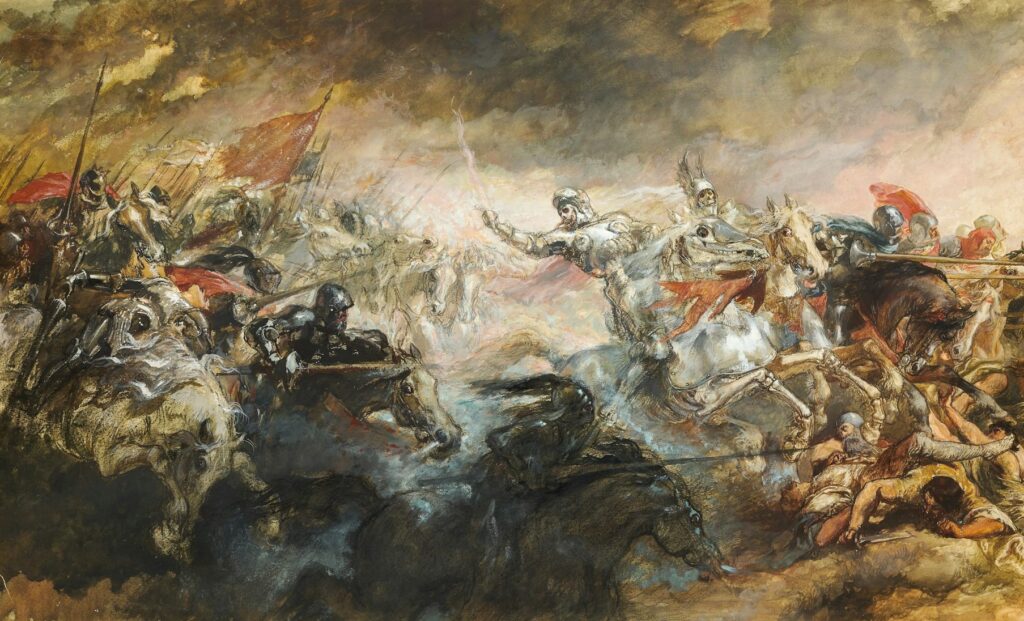Ray Hyman? James Alcock? Jeane Dixon? Murray Rothbard? William Spiller? J. Bricout? R. S. Bailey? Anonymous?

Question for Quote Investigator: Remarkable stories of supernatural phenomena are sometimes inaccurate, exaggerated, or fraudulent. The following pertinent saying circulates within the skeptics community:
Do not try to explain something until you are sure there is something to be explained.
Professor of Psychology Ray Hyman often receives credit for this saying which has been called Hyman’s Categorical Imperative, Hyman’s Categorical Directive, and Hyman’s Maxim. Would you please explore the provenance of this saying?
Reply from Quote Investigator: A diverse family of statements expresses a similar idea; hence, tracing the provenance is difficult. Here is an overview listing attributions and dates.
1909 Sep: One should not try to explain events as miracles unless the facts require it. (J. Bricout)
1948 Dec: Do not try to explain anything that may be wrong in the first place. (Attributed to William Spiller by Robert Wartenberg)
1957 Oct: Do not try to explain something that may be wrong in the first place. (Attributed to William Spiller by Robert Wartenberg)
1983 Aug: Do not try to explain why something is happening until you have all the facts. (Jeane Dixon)
1990 Jun: One should not try to explain something until it is established as a fact. (Old adage according to R. S. Bailey)
1994: Do not try to explain something until you are sure there is something to be explained. (Attributed to Ray Hyman by James Alcock)
1994 Dec: We should not try to explain something before we are sure there is something that needs an explanation in the first place. (Attributed to Ray Hyman by Marcello Truzzi who cites James Alcock)
1995: Before setting out to explain a problem one must be quite sure that the problem really exists. (Murray Rothbard)
2008 Jul: Before we try to explain something, we should be sure it actually happened. (Attributed to Ray Hyman by Robert Sheaffer who cites James Alcock)
2010: Before setting out to explain something, first make sure that you have something to explain. (Attributed to Ray Hyman by James Alcock)
The statements above are not identical in meaning, but QI believes that grouping them together is natural. Below are details for selected citations in chronological order.
Continue reading “Quote Origin: Do Not Try To Explain Something Until You Are Sure There Is Something To Be Explained”






